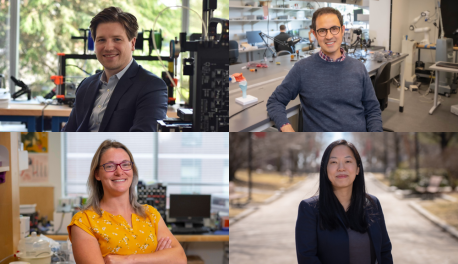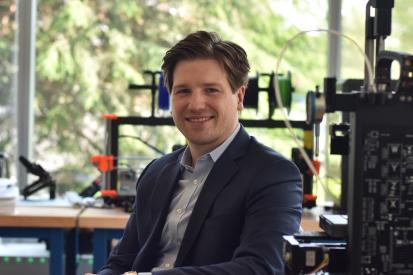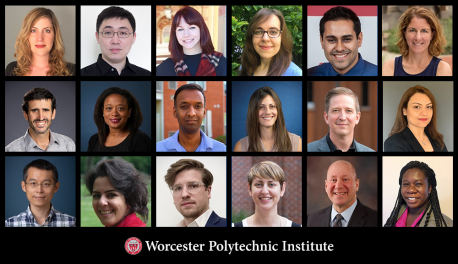

Dr. Markus Nemitz serves as an Assistant Professor of Robotics Engineering at WPI and leads the Robotic Materials Group (RMG). He earned his Ph.D. from the University of Edinburgh in 2018 and trained as a postdoctoral fellow at Harvard until 2020. Pushing towards his vision of rapidly designing robots and materializing them at points of impact, his research interests encompass 3D-printable robotics, real-time adaptive additive manufacturing, automated discovery processes for material systems, and integrated robot ecosystems. These ecosystems involve conventional aerial, ground, and underwater robots and aim to inject laboratory discoveries into real-world environments for search and rescue as well as environmental monitoring. Dr. Nemitz received an NSF CAREER award for his work on 3D-printable robots in 2023 and secured funding towards the implementation of robot ecosystems from NSF-RoseHub and the U.S. Army. He published over 25 peer-reviewed articles in journals, including Science Robotics, PNAS, and IEEE Robotics and Automation Letters.


